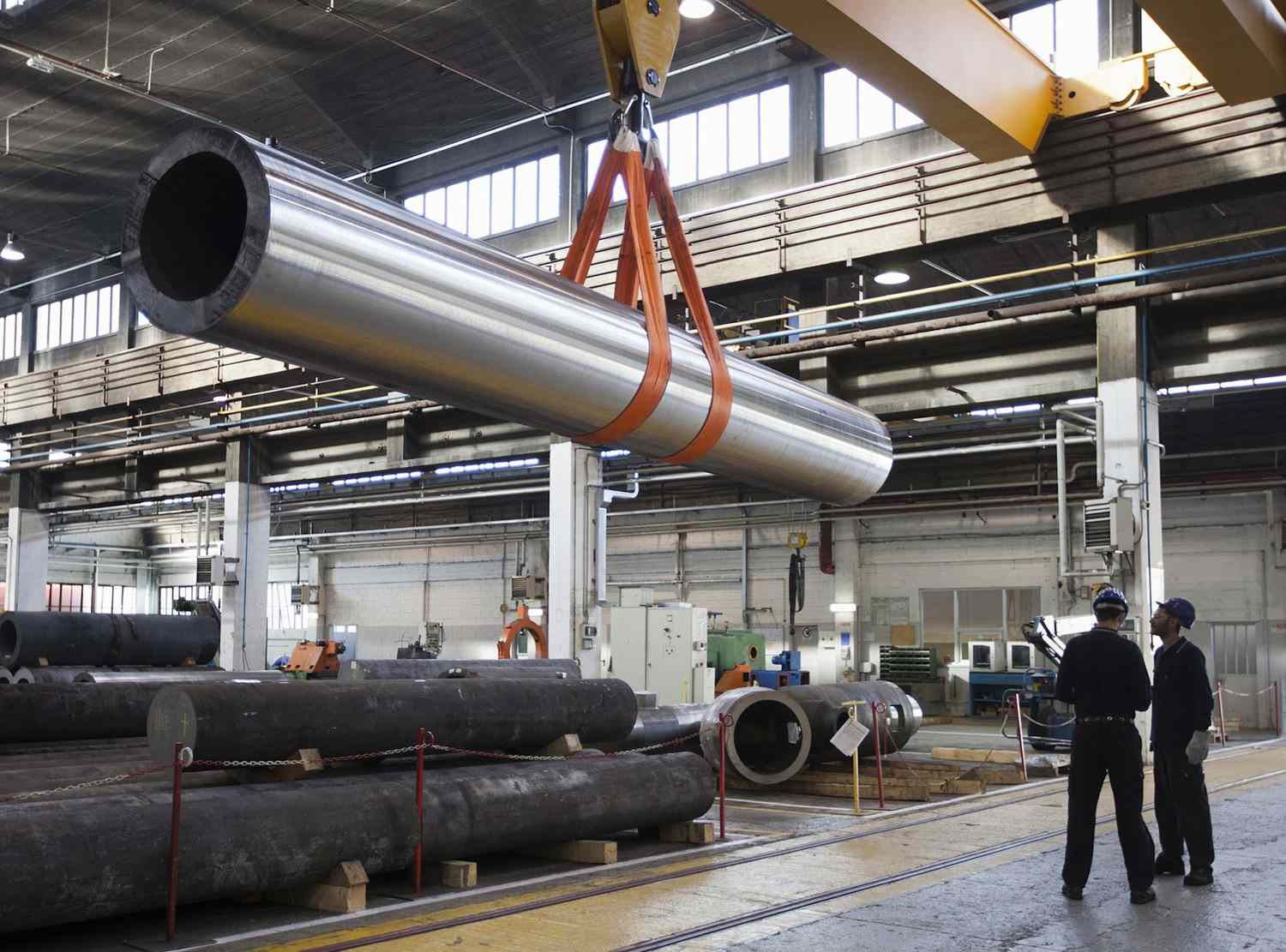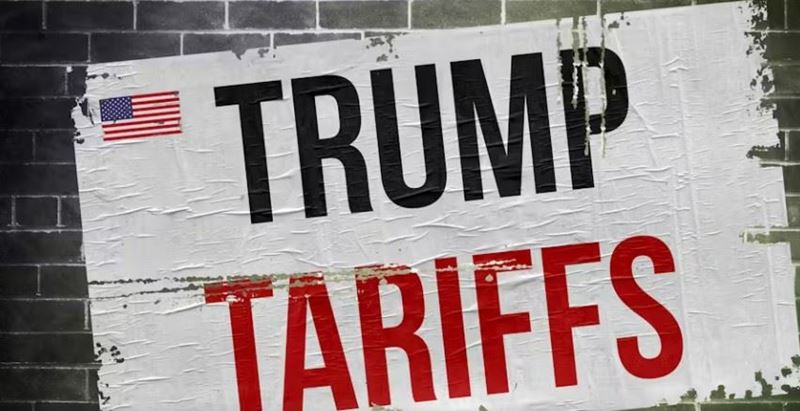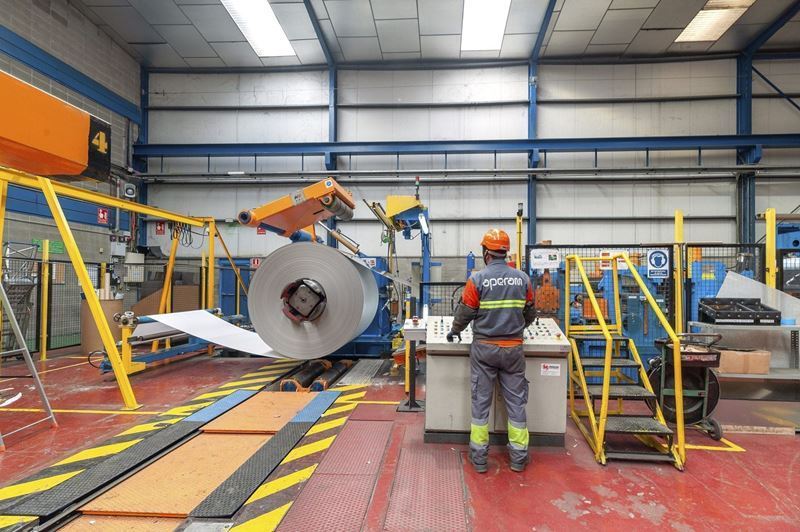Steel manufacturers in Bangladesh have made significant investments over the years to meet the growing demand for construction materials, driven by the country's ambitious infrastructure development projects. However, recent economic challenges have disrupted their operations.
The adverse economic conditions, both domestically and globally, have posed serious difficulties for steelmakers. Factors such as complications in opening letters of credit (LC) due to a dollar crisis, increased gas and power tariffs, and decreased demand have compounded their challenges.
The steel industry is particularly affected by the scarcity of raw materials and disruptions in the supply chain, as over 85% of key materials are imported, necessitating LCs with banks. However, banks' inability to open LCs due to the dollar crisis has led to a shortage of raw materials.
Moreover, steelmakers are grappling with a shortage of working capital, exacerbated by rising interest rates and increased production costs. Government-mandated hikes in power tariffs and gas prices have further inflated operational expenses.
These challenges have resulted in a significant increase in operational expenses for steel manufacturers, impacting the overall economy due to their substantial contributions to public and private sector development projects.
Despite the steel industry's resilience, steel traders have reported a decline in sales by around 40% due to higher prices. The steel sector, which accounts for a significant portion of Bangladesh's economy, has seen investments totaling Tk 750 billion ($6.825 billion), with an annual turnover estimated at Tk 700 billion ($6.370 billion).
Steel manufacturing units in Bangladesh have played a pivotal role in job creation, offering employment opportunities to around 5 million people directly or indirectly. However, the sector's growth is hindered by challenges such as difficulties in LC opening and volatility in scrap metal prices.
Despite these challenges, the steel industry remains crucial for the country's development, particularly in meeting the demand for infrastructure projects. Steelmakers rely on scrap metals and recycled ships as key raw materials, which are melted in furnaces to produce various steel products.
While the global steel market is projected to grow steadily, reaching $1,210 billion by 2031, Bangladesh's steel sector must overcome its current challenges to contribute effectively to the country's economic growth and development.









Comments
No comment yet.